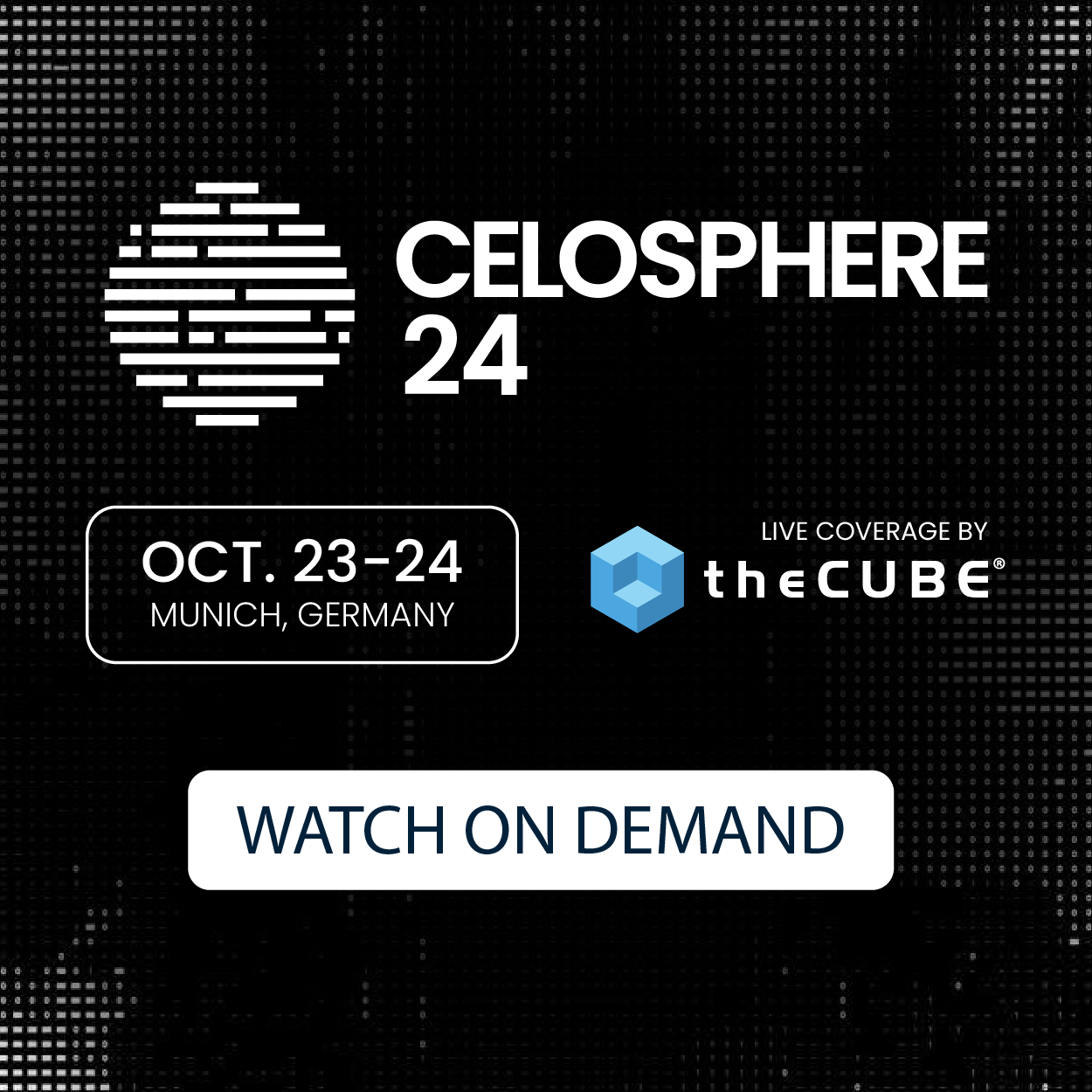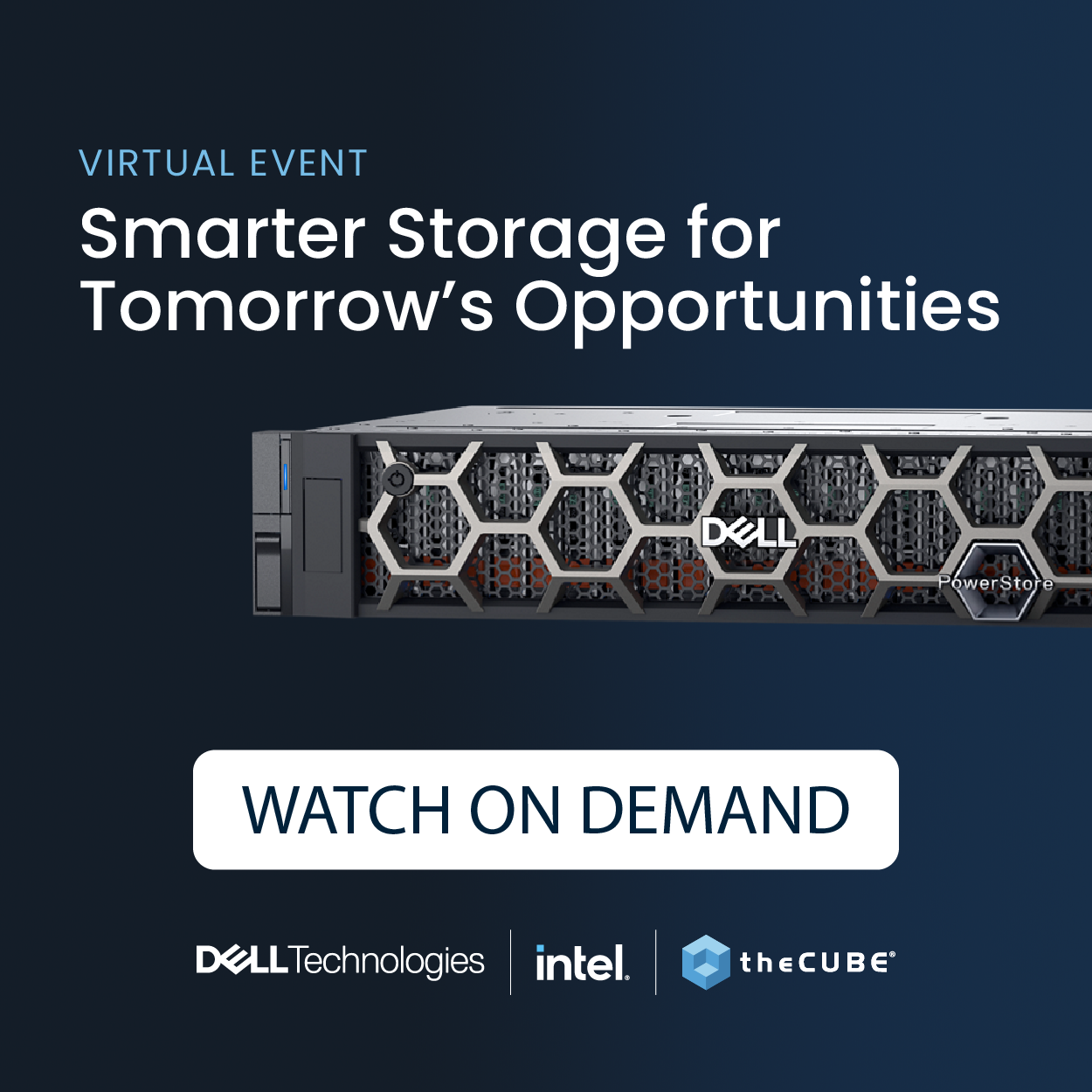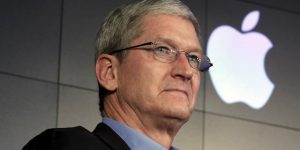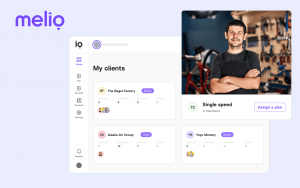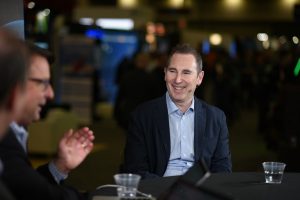HP PC Dilema Sheds Light on Consumer, Enterprise Cloud Dynamic
![]() HP may have taken some confusing swerves in the past few weeks, appearing uncertain about the future of PCs or where it fits into that market. The newest CEO Leo Apotheker comes from a software background at SAP and is dillegently re-routing HP’s course to better incorporate software as part of its core business. At the InformationWeek 500 conference, HP Chairman Ray Lane and CTO Shane Robison took the stage during the keynote speech, reveling in the opportunity to clarify HP’s vision of the future.
HP may have taken some confusing swerves in the past few weeks, appearing uncertain about the future of PCs or where it fits into that market. The newest CEO Leo Apotheker comes from a software background at SAP and is dillegently re-routing HP’s course to better incorporate software as part of its core business. At the InformationWeek 500 conference, HP Chairman Ray Lane and CTO Shane Robison took the stage during the keynote speech, reveling in the opportunity to clarify HP’s vision of the future.
For starters, HP is making some big claims in developing areas, particularly those affecting enterprise customers the most. HP wants to be known as the company for managing unstructured data for business use, leaving structured data to Oracle with a wink and a nudge.
And HP’s also not looking to dump its personal systems business, but wants to separate it from its core enterprise products. Noting that its enterprise and consumer initiatives operate at a different pace, they keynoting duo sheds some light on the logistic trouble with playing both sides of this field. There’s a certain convergence of consumer and enterprise interests when it comes to the cloud, but HP’s ready to shake off the consumer branch. Acknowledging that the bulk of manufacturing takes place in the Pacific Rim, HP’s ready to move in to bigger and better things, emphasizing its shift away from hardware.
And to be clear, HP’s not dropping webOS, which it sees as a far superior environment for commercial applications compared to Android. This is where HP will reignite its consumer-facing product, hoping to drive a marketplace that connects end users, applications and services. But HP’s had a bad start in this arena, only exacerbating the confusion lingering around their ongoing acquisition of Autonomy.
Speaking of Autonomy, HP extended their acquisition offer until 10AM, London time, of October 3 after investors agreed to part with less than half of the company’s shares. The original offer expired last September 2. Shareholders still have enough time to buy back their stocks at £25.50 or $40.32 per share. Forty two percent of shares have already been submitted as of September 12.
And while HP’s recent activity has served quite a shock to the market, HP’s goals for software and enterprise solutions have been known for some time. The company continues to work on these initiatives, having recently launched two cloud services, HP Cloud Compute and HP Cloud Object Storage. The launch is in support of the OpenStack platform through a web-based graphical user interface and RESTful application programming interface.
HP reportedly has plans of unveiling more details regarding their OpenStack-based cloud services around September 20-27, according to OpenStack sources. However, an HP spokesperson said that announcements will be made regarding the service, but that won’t happen on the rumored date. According to The Register, HP-owned EDS is the best bet to make such service and that HP has never really stood out as a leader or innovator in cloud computing and open-source code.
Its enterprise services are growing as well, as HP also released a new version of Exstream. Exstream 8.0 enables global enterprises to build customer loyalty and engagement with its file management system. New features include assured delivery and receipt of on-demand documents, electronic signatures for accelerated transactions and expanded multichannel capabilities.
Contributors: Mellisa Tolentino
A message from John Furrier, co-founder of SiliconANGLE:
Your vote of support is important to us and it helps us keep the content FREE.
One click below supports our mission to provide free, deep, and relevant content.
Join our community on YouTube
Join the community that includes more than 15,000 #CubeAlumni experts, including Amazon.com CEO Andy Jassy, Dell Technologies founder and CEO Michael Dell, Intel CEO Pat Gelsinger, and many more luminaries and experts.
THANK YOU







